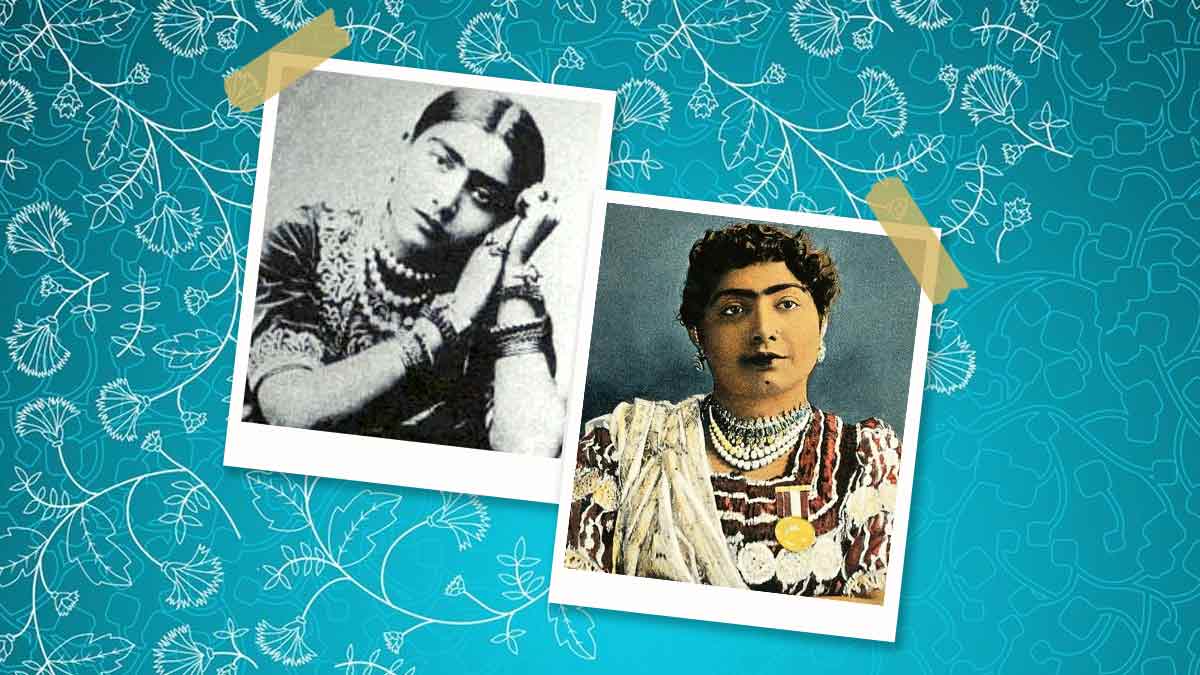
During the intense Siege of Cawnpore (now Kanpur) in June 1857, a remarkable event unfolded amidst the chaos of gunfire. Indian soldiers, joined by a courageous courtesan, confronted British East India Company officials in a daring act of defiance. This courtesan, armed with pistols, played a remarkable role in the confrontation, but her story has been largely absent from mainstream history books. Today, her tale lives on through archival reports, local legends, and scholarly writings, offering a glimpse into a fascinating yet often overlooked chapter of history.
Now, Netflix's latest series, ‘Heeramandi: The Diamond Bazaar,’ directed by the renowned Sanjay Leela Bhansali, has brought the role of courtesans in India's struggle for freedom into the spotlight. While our history books celebrate the sacrifices of renowned freedom fighters, the stories of tawaifs (courtesans) remain largely untold.
Here are five unsung courtesans who played a significant role in India's freedom struggle:

Originally from Lucknow and later based in Kanpur, Azeezunbai actively participated in the 1857 uprising against the British East India Company. Disguised in male attire with pistols in hand, she inspired sepoys (Indian soldiers) and tended to their wounds during battles. Her home served as a critical meeting point for rebels, making her a vital figure in the fight for independence.

Hussaini of Cawnpore (now Kanpur) was a significant tawaif during the 1857 mutiny and was believed to be a key conspirator in the Bibighar massacre. This tragic event resulted in the deaths of over 100 British women and children, showcasing the deep engagement of some courtesans in the rebellion.

Known as the wife of Wajid Ali Shah, the last Nawab of Awadh, Begum Hazrat Mahal was a courtesan before her marriage. She played a pivotal role in the 1857 revolt, taking charge of Lucknow after her husband's exile and briefly reinstating Indian rule in the region.
Don't Miss: Mother’s Day 2024: Explore History, Significance And Celebrations Of The Occasion

In the early 20th century, renowned courtesan Gauhar Jaan was enlisted by Mahatma Gandhi to raise funds for the Swaraj movement through her performances. Despite Gandhi's absence, she contributed half of the proceeds, showcasing courtesans' support for the independence cause.

Husna Bai grew up in the kotha (courtesans' quarters) and received training from renowned musicians. During the non-cooperation movement (1920–1922), Husna Bai chaired the Tawaif Sabha in Varanasi. Under her leadership, members wore iron shackles instead of ornaments, boycotted foreign goods, and actively supported the independence struggle.
Herzindagi.com is Jagran New Media's gender and lifestyle vertical, catering to women of all age groups, helping them remain updated, on-trend and aware. To improve our performance and understand our readers' interests better, we have created this poll. This will take 2 minutes of your time, do help us out with this link.
Don't Miss: Rabindranath Tagore Jayanti 2024: Wishes , Quotes, Poems & Images To Celebrate
For more such stories, stay tuned to HerZindagi
Image Credit: Wikipedia
Also watch this video
Herzindagi video
Our aim is to provide accurate, safe and expert verified information through our articles and social media handles. The remedies, advice and tips mentioned here are for general information only. Please consult your expert before trying any kind of health, beauty, life hacks or astrology related tips. For any feedback or complaint, contact us at [email protected].